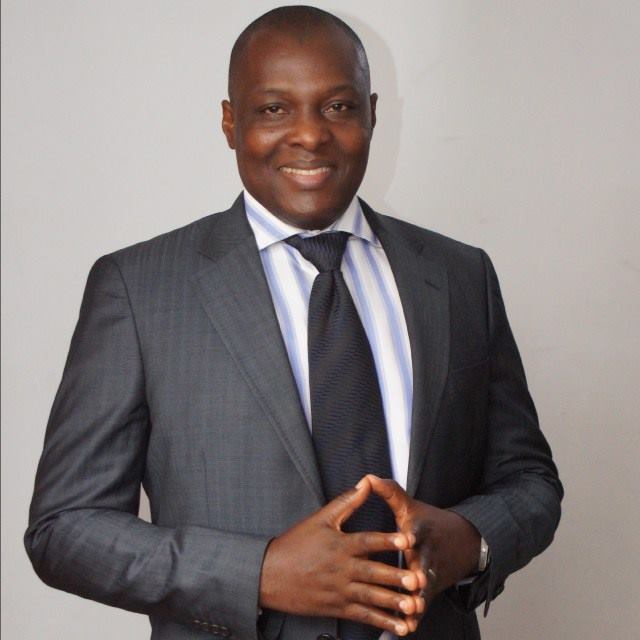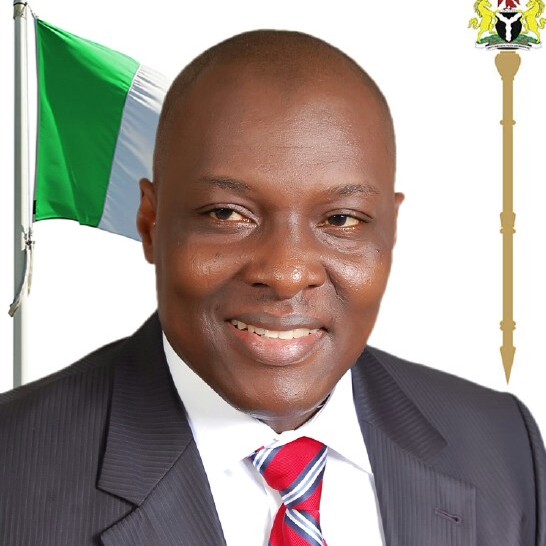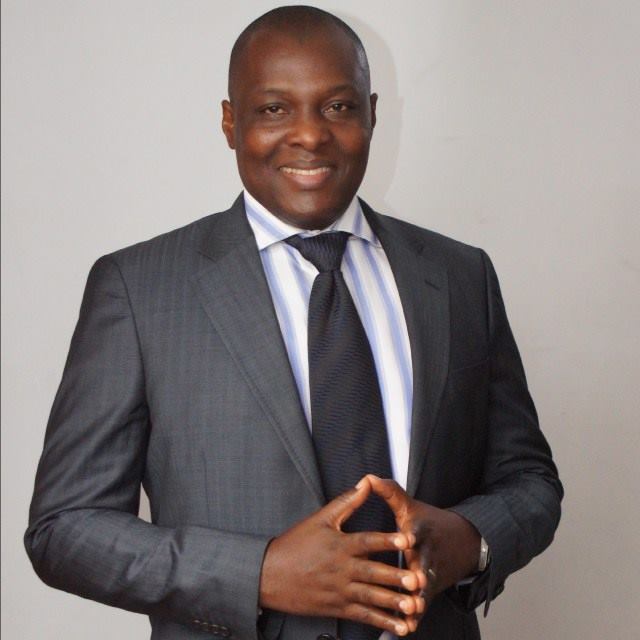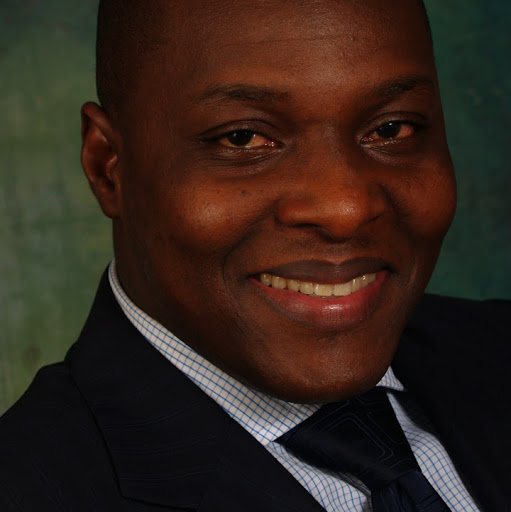A financial and political analyst, Osilama Okuofu says the federal government is celebrating underdevelopment as its poor policies inertia was responsible for Nigeria’s going into deep recession, especially within the first six months of the present administration.
Reacting to recent report listing the achievements of the president Muhammadu Buhari administration in the last three years, Okuofu told National Daily that Nigerian economy had no business going into a deep recession of over 3.5% in 2016/2017 given it was growing at an average rate of 7.5% as at 2014/2015, the third fastest growing globally, number one in Africa & twenty-sixth largest in the world.
“Celebrating fifteen months of dwindling inflation without a corresponding outlook on unemployment is rather being smart by half. Economics has always been faced with an inversely related twin problem of Inflation & Growth,” he said.
According to him, one does not need to be a John Maynard Keynes to see that due to a sharp drop in disposable incomes & purchasing power, inflation would necessarily dip given that, by its very definition, too much money pursues too few goods. “Now the reverse is the case as there is very little money for transactions. In essence we are celebrating underdevelopment!”
While he scored the agricultural sector well due to the fact that the Buhari administration followed through with some policies of the previous one, he said the recent attacks by killer terrorists posing as Fulani Herdsmen in the Middle Belt Region, Nigeria’s food basket, will flip southwards as productivity has dipped.
Reacting to the improved performance of the stock market in 2017, Okuofu told National Daily that Nigerians are yet to feel the impact for the simple reason that these were “hot money” portfolio investments from offshore with the sole purpose of short term profit-taking.
He said despite the hype, there are no tangible investment on ground, adding that those handling economy policies should be mindful of this kind of engagement gleaning from what happened to the South-East Asian economies in 1997.
Okuofu who commended the tax drive of the government, however, warned that there is need for the drive to be tampered down or else it could lead to divestment & foreign direct investment apathy especially when returns on investments are not commensurate with the tax regime & application across the different tiers & agencies of government.
He also took a swipe at FG’s ERGP, describing it as one of those documents Nigeria is good at churning out but poor at executing. “Everything about it is still essentially “a plan to be carried out”. For example, and as contained in that document, the government plans to completely reactivate the refineries to operate at full capacity by end-2018 with a view to eliminating fuel imports. I am not sure turn-around maintenance is going on in the refineries to facilitate the attainment of that goal. This is half-year!”
“I think the government needs to do more on the economy to achieve Real growth. Savings without a corresponding investment in our decadent infrastructures make little sense for a developing economy. The way to go is to enhance the Fiscal leg through massive Government spending on physical infrastructures thus creating jobs along the value chain & boosting economic activities.”
In his advice, Okuofu said Nigeria should sacrifice inflation on the altar of growth, adding that Brazil tried the process between 1980 and 2010, and it worked perfectly. “The average over that period was over 400%! It is single-digit now & their first-world infrastructures are worthy testament of what a people can achieve when local policies are matched with global vision.”

 Entertainment5 days ago
Entertainment5 days ago
 Health1 week ago
Health1 week ago
 Health4 days ago
Health4 days ago
 Football1 week ago
Football1 week ago
 Football1 week ago
Football1 week ago
 Crime4 days ago
Crime4 days ago
 Education6 days ago
Education6 days ago
 Crime1 week ago
Crime1 week ago




